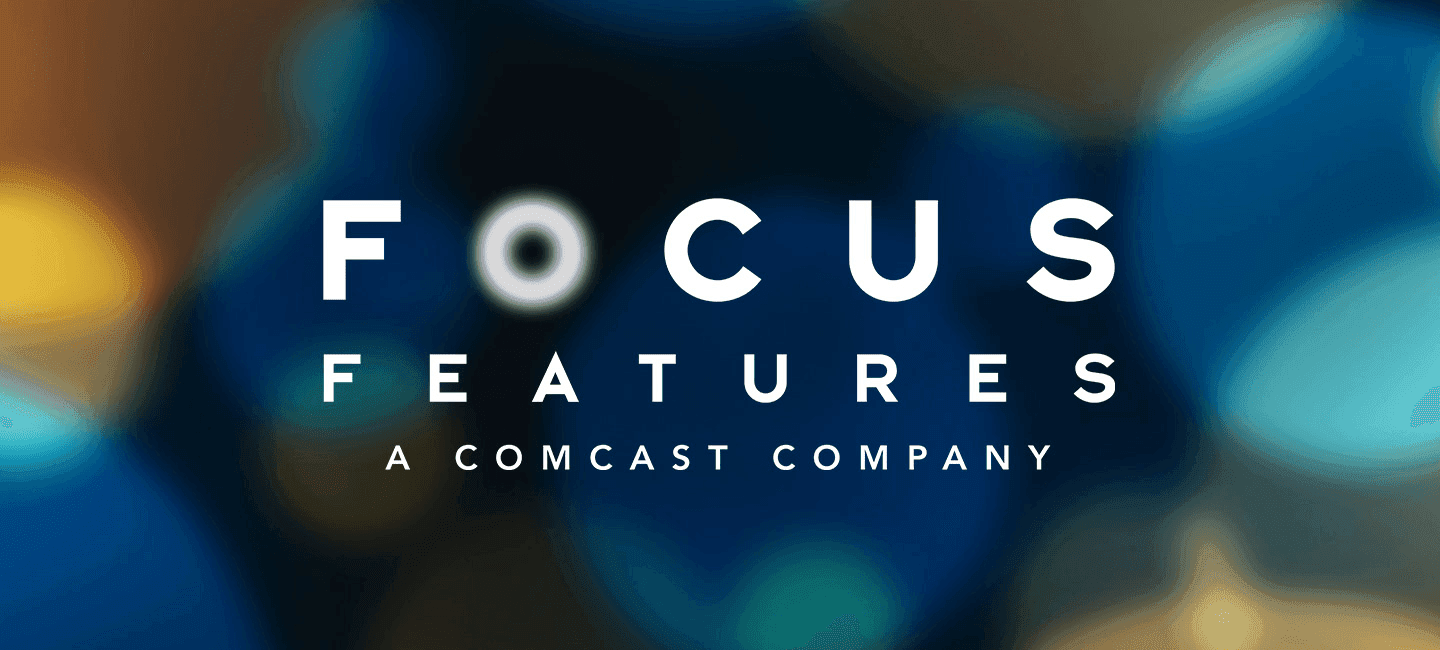In the fourth installment, Simon Reynolds finds the inner peace of RZA’s score for Jim Jarmusch’s film Ghost Dog: The Way of the Samurai.
Ghost Dog: The Way Of The Samurai (1999): The Zen of Breakbeats
Yet another Jarmusch movie that involved the creative input of a musician from an early stage, Ghost Dog: The Way of the Samurai is described by the director as a three-way collaboration between himself, lead actor Forest Whitaker and legendary hip hop producer The RZA. All are fans of martial arts culture. As soon as martial arts movies arrived in American theaters in the early Seventies, they struck a chord with inner-city audiences: the notion of violence contained by discipline and given spiritual meaning by a code of honor resonated with youth from the ghetto, where gangs functioned as surrogate clans and often thought of themselves as a kind of nobility of the streets.
The RZA's rap ensemble the Wu Tang Clan named itself after a renegade sect of Shaolin monks in China and titled their 1993 debut album Enter the Wu-Tang in homage to the Bruce Lee classic Enter the Dragon. By the late Nineties, the RZA was exploring modern polished production styles but Jarmusch was keen to get the "poetically beautiful, slightly damaged sound of early Wu Tang." Right from the start, the RZA's style was praised by critics for its "cinematic" qualities, while the producer himself argues that "all my music is pitched to the pictorial." Weaving mood-manipulative snippets of orchestration over looped breakbeats, the RZA has often been playing games with ideas of "the soundtrack" in the same way that Jarmusch's movies have fun with movie genre by--in Ghost Dog's case--mixing up elements from the mob movie, blaxploitation films, and the samurai epic.
Like a worn-out through over-playing bootleg video of a kung-fu film, the RZA's samples have a corroded, wavering out-of-focus quality, while the rhythms manage to be both disjointed and funky. It's very much a digital-era update of the archetypal Black American interest in the blue note and the offbeat. One of the main Ghost Dog themes is a faltering loop of a faded-sounded electric piano lick that almost focuses you to sharpen your perceptions, placing you in the mindset of Whitaker's character, a professional assassin.
Another theme made out of flutters of vaguely Oriental orchestration and pugnacious breakbeats perfectly choreographs the great swordfight practice scene on the rooftop. There are also some nice hip hop savvy uses of music within the film's action. A gang of B-boys rapping the tune "Ice Cream" by Wu Tang clansman Raekwon sets up the first appearance of Ghost Dog's only friend, a Haitian man who sells cones from a truck called Ice Cream Palace. And in a cute scene the evil Mafia boss is seen in his deluxe bathroom suite dressed in a Hugh Hefner-style dressing gown and grooving, absurdly, to the sound of Public Enemy's Flavor Flav.
Simon Reynolds is a New York-based journalist and author. He has contributed to The New York Times, Sight and Sound, and Spin, among other places, and his books include Rip It Up and Start Again: Postpunk 1978-84 and Bring the Noise: 20 Years Writing About Hip Rock and Hip Hop. His blog can be found at http://blissout.blogspot.com/.
